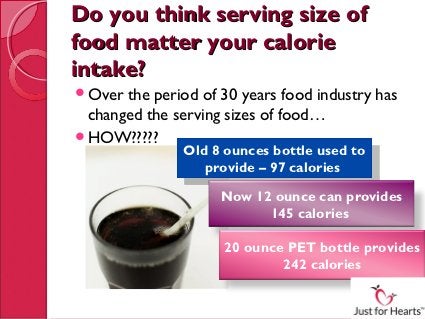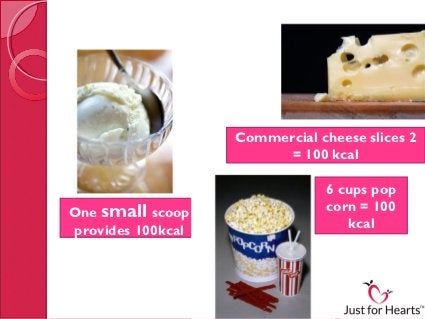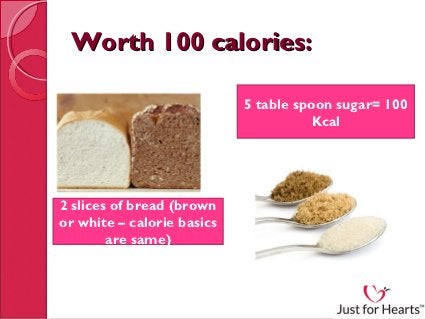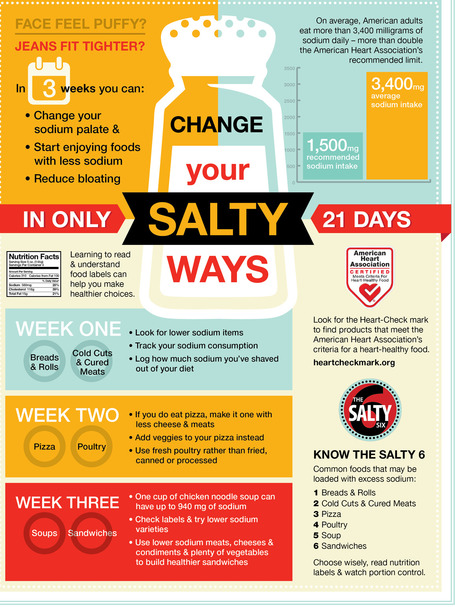
Thursday, September 12, 2013
Friday, May 24, 2013
Thursday, March 21, 2013
One pound of fat requires 7 miles of blood vessels
Fact: Every pound of fat gained causes your body to make 7 new miles of blood vessels.
Knowing this, it’s easy to see why obesity and heart disease often go together. Most of the new blood vessels are tiny capillaries, but also include small veins and arteries. This means if you are “only” 10 pounds overweight your heart has to pump blood through an extra 70 miles of blood vessels.

Knowing this, it’s easy to see why obesity and heart disease often go together. Most of the new blood vessels are tiny capillaries, but also include small veins and arteries. This means if you are “only” 10 pounds overweight your heart has to pump blood through an extra 70 miles of blood vessels.
The good news is that this also works in reverse. If you lose a pound of fat, your body will break down and reabsorb the no longer needed blood vessels. This is encouraging to dieters, as one pound does not seem like a lot to lose, but even that little bit of difference will result in a large benefit for your heart!

Wednesday, March 20, 2013
Tuesday, March 19, 2013
Monday, March 18, 2013
Tools to help keep your Family Healthy
Do you know how much screen time your child had today? How about what size portions they should have given their age? How much physical activity did my family do today? The National Heart Lung and Blood Institute has put together a nice site full of tools to use to assist in keeping your family healthy.

Tool parents can use to help keep your family healthy

Tool parents can use to help keep your family healthy
Tuesday, March 12, 2013
Tuesday, February 19, 2013
Tuesday, January 29, 2013
Saturday, January 26, 2013
Friday, January 25, 2013
Lower Your Risk of Heart Disease
Labels:
change,
choices,
diet,
Exercise,
families,
fast food,
fitness,
food,
games,
healthy choices,
life,
lifestyle,
mentor,
mentoring,
Nutrition,
obesity,
prevention,
stress management,
walking,
well being
Friday, January 11, 2013
Returning to exercise after flu or illness
If you are coming down with an illness, it is best not to strenuously exercise. Your body needs to use it’s energy to overcome the illness. Exercising strenuously is like burning the candle at both ends. The body doesn't have the energy to fight illness, so the illness takes longer to overcome.
Never exercise if feverish. A fever indicates your body is fighting an infection. Exercise can cause your body temperature to rise dangerously high and lead to heatstroke. This can also lead to dangerous dehydration and even heart failure. Good advice is when returning to exercise, work out one day at a low intensity for every two days you were ill. I tell patients to cut their intensity to 50% of what they normally do, and start back with a short duration say 20 minutes or so. Use the two hour rule. You should feel fully recovered two hours after exercise. If you are exhausted for the remainder of the day it is too much on your body. It should take at least two full weeks to build build back up following a nasty cold or flu bug. Drink plenty of water during this time to help thin any mucus secretions from the lungs, this helps your body to expel these. Be aware that some antibiotics – Cipro and Levaquin – are known to increase the likelihood of muscle rupture, therefore go slow and stretch.
There is no such thing as “sweating out” toxins, germs or viruses. so put all your energy towards resting and getting well.
Nausea Vomiting / Diarrhea These can cause dehydration and electrolyte imbalances. Wait to exercise until the symptoms have stopped completely and you are re hydrated. One way to know if properly re hydrated is looking at the color of your urine. If the urine is bright yellow you are not hydrated. The color should be a very pale yellow. Also look at the skin on the back of your hand and give it a pinch. Does the skin stay up for several seconds, or does it quickly go back down. It should quickly go back down. Electrolyte depletion can be very serious in heart patients, especially those on diuretics. If in doubt or concerned ask your physician to draw electrolytes. A weak 50%water to 50% electrolyte drink such as Power aid, or Gator Aid might be advisable. Of course eating a banana which is easier on the belly than something like orange juice, also helps. 
Most importantly listen to your body, go slow, give yourself the time to heal. Stop exercise if you notice your heart racing, shortness of breath, chest discomfort, weakness.
Tuesday, January 8, 2013
Subscribe to:
Posts (Atom)











